Norman Manea
The Black Envelope
IN THE KIOSK WINDOW, the lovely curled head of a spring morning. Small black eyes. Crimson lips, pink-enamel cheeks.
The newspapers! Theyre just coming. The papers will be ready in a second.
The men huddling around the window came to life.
The girl moved back inside the kiosk to arrange the stacks of papers. The pavement was no longer large enough. There were pedestrians darting everywhere, casting impatient glances to left and right wave upon wave of bustling ants. The line for the paper grew longer.
I havent got any more Flac ras, announced the soprano. And this one is the last Romnia Liber
ras, announced the soprano. And this one is the last Romnia Liber . You can whistle for Filatelia and Pescarultheyre real vintage wine. No, I havent got Rebus. Maybe tomorrow.
. You can whistle for Filatelia and Pescarultheyre real vintage wine. No, I havent got Rebus. Maybe tomorrow.
The tall, pale man moved beside the lamppost with a bundle of fresh papers under his arm. He opened them up and began skimming through.
What could have got into them? grumbled a little old woman leaning on the rubbish bin. Newspapers lining up for the paper, would you believe it. Stupid brats. As if theyd find anything out by reading them. I tell you, sir, theyre the same. All the same! Money down the drain, I say.
But the tall man with white hair, beard, and mustache, all perfectly trimmed, did not hear her. Nor did he hear the tapping of heels on the asphalt or see the rainbow skirts fluttering in the breeze or the brief glitter of golden stockings. The gentleman neither heard nor saw anything, absorbed as he was in leafing through the papers.
Thats what people are like. They forget quickly, the elderly voice continued. Weve got this lovely country, this heavenly climate. But you cant do anything with just nature, you bunch of good-for-nothings! Its man who does everything, with those brains of his. Thats why weve got into this mess. Look at them, theyve even forgotten the winter. Theyve forgotten the horror of it. They dont even care theyre off goggling at women. People forget quickly, sir, Im telling you.
The man did not hear. Disappointed, the old woman stepped sideways toward a wrinkled man who kept shaking his empty shopping bag.
Too true, too true! muttered the aged hunchback. My wife died on me this winter. It was because they didnt give us any heating. They kept us in the cold all winter not even any hot water. She had heart trouble, so the cold finished her off. Yes sir, how people forget! They dont give a damn, the old man erupted in the direction of the elegant gentleman leaning against the post and absorbed in his reading. Look at them! Minds like sieves. You can do what you like to them and theyll forget it. Just give them a little pleasure a fine day, a pretzel yes, they forget as soon as you give them a pretzel and a bit of sun. Thats what people are like.
The smart-looking man did not seem to feel that the strangers fury was aimed at him. Probably he did not even hear. He gathered together the bundle of papers and tore himself away from the lamppost.
The compass of his legs opened wide. Beanstalk strides, but slowly, because he was rather short of energy.
A happy street, it was true. Picturesque Bucharest, feminine and sprightly just like the petit Paris of old. If only there were not this poverty and gasping all around, and this clumsy, artificial happiness. Happy spring. Happy, forgetful people. Happy papers, too. Optimistic, pedagogic, ever holding forth about the future, the radiant future, whoever might be around to see it.
The kitchen table. Bread, milk. The white starched tablecloth. He had to get up at the break of day to find some bread and milk. Two steaming cups. Coffee substitute with milk a substitute because real coffee was so hard to come by. Anyway, old age is itself a substitute. And our entire country a nation of senior citizens. Slices of hard black bread thinly smeared with plum jam. But the spoon, knife, and plates sparkle like new. Everything is clean and fresh. Windows open to let in the elixir, the venom, the illusion. Spring, spring.
Mrs. Gafton thumbed through her newspapers. She put her glasses on, took a sip from her cup, glanced at the title pages, then gave up. Anyway, she never has time to read except in the evening, after all the chores are done. She pushed the pile toward her husband at the end of the table.
At least our climates still wonderful. What if we only had winter? Or only summer? Harmony is so important! And weve certainly got it here. How lucky we are!
Her husband looked hard and long at her.
Yes, in fact someone was saying that just a while ago, in the newspaper line. Spring is a gift of nature! Not youth any longer, but still a rebirth, eh? A real provocation.
His wife took off her glasses, put them on the heap of papers, and looked down into her cup. After a few moments of silence, she began to whisper. Yes, whisper.
Do you still know when Franz Joseph died?
Eh? Whats got into you now?
I dont know, just a bit of nonsense. Im mixing things up. Well, you used to say he was a tolerant emperor.
The husband smiled. He was familiar with these morning antics.
Signs of tenderness and support for his studies. She did not ask him anything about his work; she knew it would only annoy him before he set off for the library. Anyway, he always talked about it again in the evening.
But in the morning she usually found various coded expressions to indicate that his work obsessed her, too.
In fact, I was thinking: when did Caesar, Nero? I mean, when did they. .? And what about Franco, or Salazar? Mussolini I know it was in the spring, wasnt it? And it was the same with the Fhrer: he set fire to himself in the spring. But that other guy with a mustache, the Georgian, he croaked in March. I couldnt possibly forget it. Is it the siege of spring? Or like a whirlwind. Something unstoppable.
The husband tugged at the pile of papers, laying his gold-rimmed glasses beside the cup. The woman primped her hair, gray and tight at the back of her head.
Yes, a siege, as you say. The onslaught of change. Something uncertain, unstoppable. Let me read you a little story from todays paper. Just let anyone say nothing ever happens here.
He smoothed the corner of the tablecloth. The woman stood up, breadbasket in hand. He looked at her. The days moment of peace. Breakfast gave him strength. It was a calm reference point at the start of a new day, before all the running and jostling around, the lines, library cards, letters to the authorities, more lines.
Listen: The facts, as we will briefly relate them here, seem to have been taken from a film about the Ku Klux Klan or some gang of witch-hunters. The hunting of witches in the neighborhood. Listen, dont you want to listen?
The woman arranged the cups and tableware in the sink. Moving slowly, halfheartedly, she tilted to one side as she limped with her left leg. But then she came back and sat down. Her pale plump hands again rested dutifully together on the immaculate tablecloth.
So they burst into the womans apartment. And then, what do you think? They set fire to it. Can you imagine? Because she loved animals, do you hear? Because she had cats or dogs, or who knows what she had. Just look at the pretext on which they did it, and the means they used. The womans name and address. . Dont you see? And So-and-so, who claims to be on the local council, is in league with the instigators, with the other tenants in the block. You see the connection, dont you? Do you see how it all fits together?
His wife stared at him without smiling. She was used to his obsession for linking the days events to his research in the library. She knew his habit of returning again and again to things that happened forty years ago. This time, though, there was something special in his voice. It seemed like a crowning moment, a final and decisive test that she did not understand. But she did understand his excitement a kind of unexpected victory and, yes, panic. A long-suppressed panic that both confirmed his expectations and gave him new life, as it were.

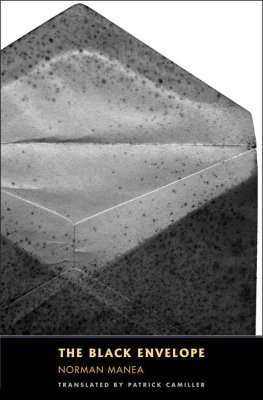
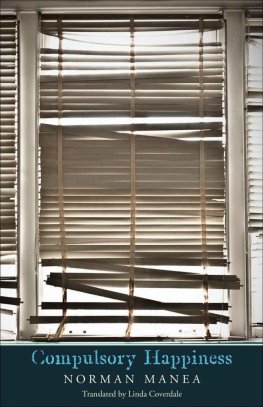
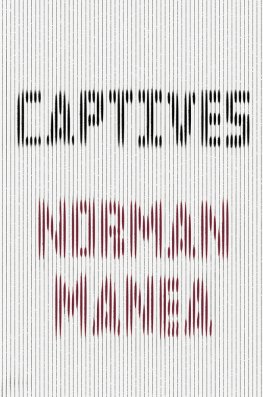
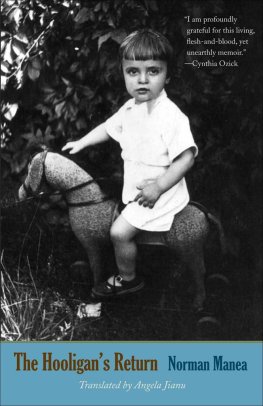

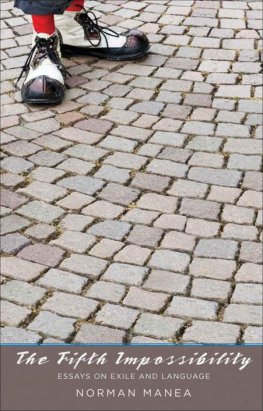
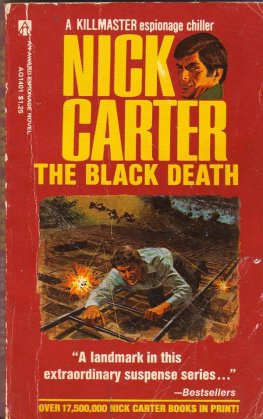
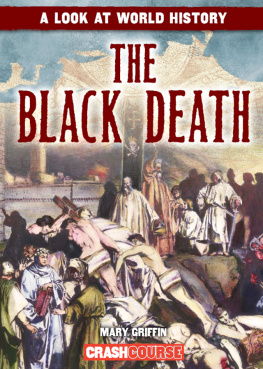
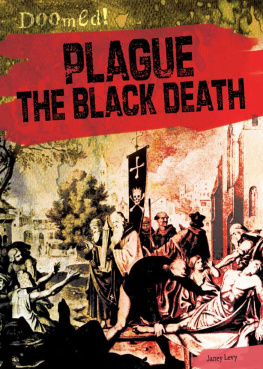
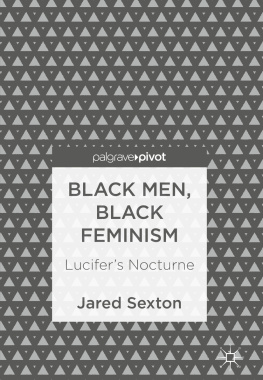

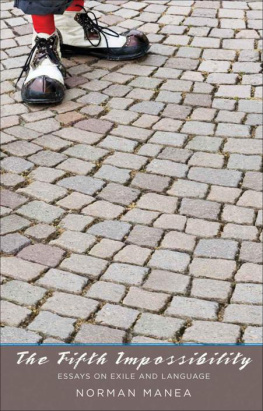
 ras, announced the soprano. And this one is the last Romnia Liber
ras, announced the soprano. And this one is the last Romnia Liber